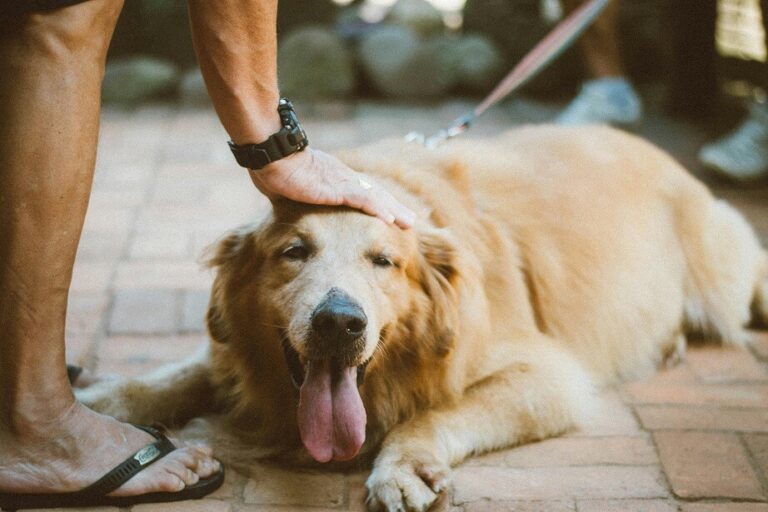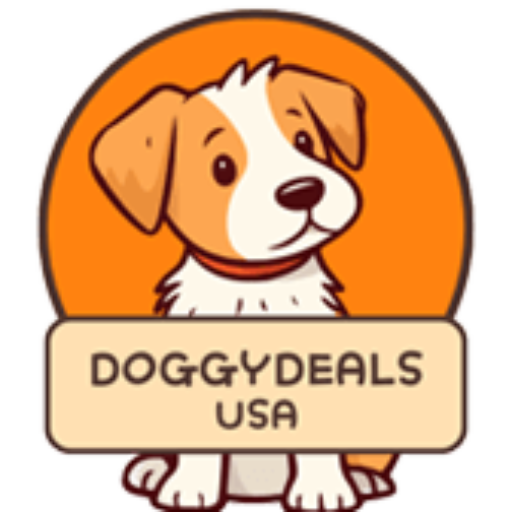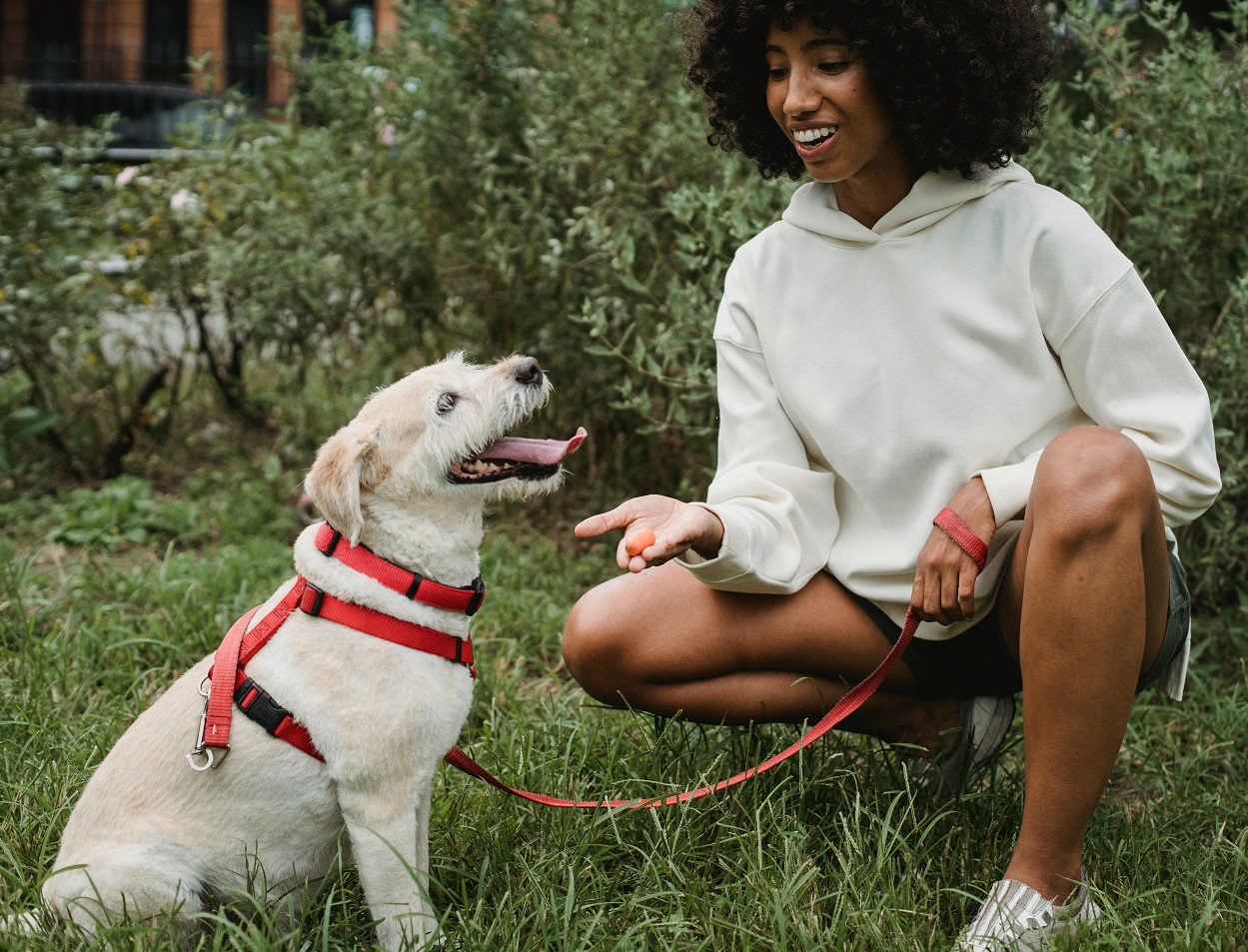How to Train a Puppy can be the best experience in your life. It not only creates that special bond between you and your puppy, but it also contributes to making your puppy a well-behaved and well-adjusted servant. Whether you’re a first-time puppy owner or an experienced pet parent, this guide will provide simple, straightforward steps to help you teach your puppy in no time.
How to Train a Puppy: A Step-by-Step Guide
1. Why Early Puppy Training is Crucial
Starting right is all-important for your puppy’s future behavior. Puppies are extremely impressionable in their first few months, and what they learn then, they will remember for their entire life. It is this type of training at an early age that will help a dog understand limits and learn some basic obedience.
2. The Fundamentals of Puppy Training
Before you start with the specific commands, you need to understand the basic principles of training a puppy. Persistence, perseverance, and positive discipline are the keys. Each puppy learns at their own speed, so it’s important to make training sessions short and fun, without any frustration.
3. Crate Training for Comfort and Security
Your puppy might see a crate as his secure place. Begin by making the space a cozy one, with toys and blankets. (Note: Never punish them in the crate.) How to Train a Puppy
4. House Training Basics
Create a routine for bathroom breaks. Get your puppy outside frequently, especially after meals and water. When they go to the right spot, praise them. Mistakes happen — keep it cool and don’t get grumpy. How to Train a Puppy
5. Consistency is Key
How to Train a Puppy: Puppies thrive on routine and clear instructions. Do everything with the same words and actions. Ensure all family members are on the same page for training.

6. How to Leash Train Your Puppy
Your puppy needs to be leash trained for socialization and for walks. You want to get your puppy used to wearing a collar and leash. In this part, I will let you know how to leash train your puppy without putting unwanted stress on them.
7. Getting Your Puppy Used to Other Pets and People
Socialization is the most important part of your puppy’s emotional development. Socializing your puppy with varied people, places, and other animals helps ensure that they will grow up to be well-adjusted and confident. Find out how you can safely socialize your puppy — and what to do if they start showing signs of fear or aggression.
Allie, how do I stop my dog from chewing? Do bichon frises chew a lot? How to stop my Bichon Frise puppy from chewing.
8. Using Chew Toys and Bite Alternatives to Stop Your Bichon Puppy from Biting.
Puppies chew and bite all around them while they are learning the world, but sometimes this can be an issue. This article will help you learn how to channel that destructive behavior via training, redirecting, and providing appropriate chewing toys.
9. Treating Separation Anxiety in Your Puppy
Puppy separation anxiety is natural, and it is probably mostly when you first bring them home. In this section, you’ll get to the bottom of why your puppy is anxious and what to do about it through slow separation training and the power of positive reinforcement.
10. When to Hire a Professional for Puppy Training
While most puppy training problems can be addressed at home, some may require professional help. If you are having difficulty with your puppy and finding it hard to cope or are not sure what to do, the best way is to call a professional dog trainer. When to hire a trainer, I’ll be taking you through in this section.
Conclusion
Puppy training is one of the things that requires patience, consistency, and love. When you start early and use positive reinforcement, you will turn your puppy into a well-behaved dog. Don’t forget to reward small wins, and have patience with your puppy’s training. Through persistence and determination, your puppy will learn good habits and become a wonderful member of your family.
FAQs
How can I discipline a high-energy puppy?
Hyper puppies need more patience. Concentrate on regular training sessions with lots of breaks. Puzzle toys to keep him mentally stimulated and regular exercise may help when it comes to calming your puppy down.
At what age can I start training my dog?
The best time to begin training your new puppy is as soon as you can get him at 8 weeks. This is an age where puppies are very good at learning some elementary commands and basic housebreaking rules.
How long are puppy training sessions?
Puppy training sessions should be brief and positive. Try to keep training sessions 5-10 minutes long with very young puppies in particular. Keep it fun to keep your pup engaged and prevent over-excitement.
How can I get my puppy to stop biting?
Distract your pup with a chew toy and stay away from rough play. If they bite, stay calm and cease playing with them for a brief period. Rewarding good behavior and not biting is crucial.
Is it possible to train a puppy without using treats?
Yes, you can teach a pup without treats. As much as rewards can be treats, they may also be praise, toys, or play. The key is to figure out a rewards system that encourages your puppy to learn.

